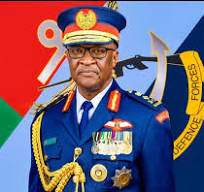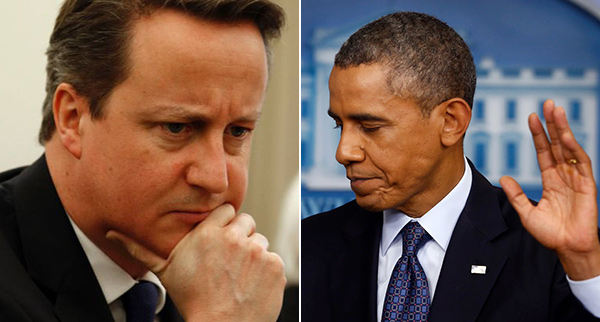In August 2014, ISIS tried to secure the release from a U.S. federal prison of Dr. Aafia Siddiqui — a Pakistani neuroscientist educated in the United States — formerly known as the “most wanted woman alive,” but now referred to as “Lady al Qaeda”, by exchanging her for American war correspondent James Foley, who was abducted in 2012 in Syria. When the proposed swap failed, Foley was beheaded in a gruesome propaganda video produced and released by his captors, while Siddiqui remained in jail serving an 86-year sentence.

Part of an FBI “seeking information” handout on Aafia Siddiqui — formerly known as the “most wanted woman alive.” (Image source: FBI/Getty Images) |
ISIS also offered to exchange Siddiqui for a 26-year-old American woman kidnapped in Syria while working with humanitarian aid groups. Two years earlier, the Taliban had tried to make a similar deal, offering to release U.S. Army Sgt. Bowe Bergdahl in exchange for Siddiqui. These efforts speak volumes about Siddiqui’s profile and importance in Islamist circles.
Her affiliation with Islamist ideology began when she was a student, first at M.I.T. and then at Brandeis University, where she obtained her doctorate in 2001. Her second marriage happened to be to Ammar al-Baluchi (Ali Abd al-Aziz Ali), nephew of Khalid Sheikh Mohammed, the principal architect of the 9/11 attacks.
During the 1995-6 academic year, Siddiqui wrote three sections of the Muslim Students Association “Starter’s Guide” — “Starting and Continuing a Regular Dawah [Islamic proselytizing] Table”, “10 Characteristics of an MSA Table” and “Planning A Lecture” — providing ideas on how successfully to infiltrate North American campuses.
The MSA of the United States and Canada was established in January 1963 by members of the Muslim Brotherhood at the University of Illinois, Urbana-Champaign campus. Since its inception, the MSA has emerged as the leading and most influential Islamist student organization in North America — with nearly 600 MSA chapters in the United States and Canada today.
The first edition of the MSA Starter’s Guide: A Guide on How to Run a Successful MSA was released in 1996. A subsection on “Islamization of Campus Politics and the Politicization of The MSA,” written by Hussein Hamdani, a lawyer who served as an adviser on Muslim issues and security for the Canadian government, states:
“It should be the long-term goal of every MSA to Islamicize the politics of their respective university … the politicization of the MSA means to make the MSA more of a force on internal campus politics. The MSA needs to be a more ‘in-your-face’ association.”
In early 2015, Canadian Minister of Public Safety Steven Blaney suspended Hamdani from the Cross-Cultural Roundtable on National Security. No reason was given for the suspension, but Hamdani claimed it had been politically motivated — related to his support for Justin Trudeau’s Liberal Party. The French-language Canadian network TVA suggested, however, that the suspension was actually due to activities in which Hamdani had engaged as a university student, and radical organizations with which he was associated. During the 1998-9 academic year, Hamdani was president of the Muslim Students Association at the University of Western Ontario; in 1995, he was treasurer of the McMaster University branch of the MSA.
Several alumni of the MSA have gone on to become leading figures in Islamist groups. These include infamous al Qaeda recruiter Anwar al Awlaki, Osama bin Laden funder Ahmed Sayed Khadr, ISIS propagandist John “Yahya” Maguire and Canada’s first suicide bomber, “Smiling Jihadi” Salma Ashrafi.
What they have in common (whether members of ISIS, al Qaeda, Jamaat e Isami, Boko Haram, Abu Sayyaf or others) is ideology often rooted in the Muslim Brotherhood — as findings of a 2015 U.K. government review on the organization revealed.
Siddiqui’s involvement in the MSA, her subsequent literal and figurative marriage to al Qaeda and her attempted release by ISIS, perfectly illustrate this ideological connection and path.
Thomas Quiggin, a court qualified expert on terrorism and practical intelligence, is based in Canada.







































